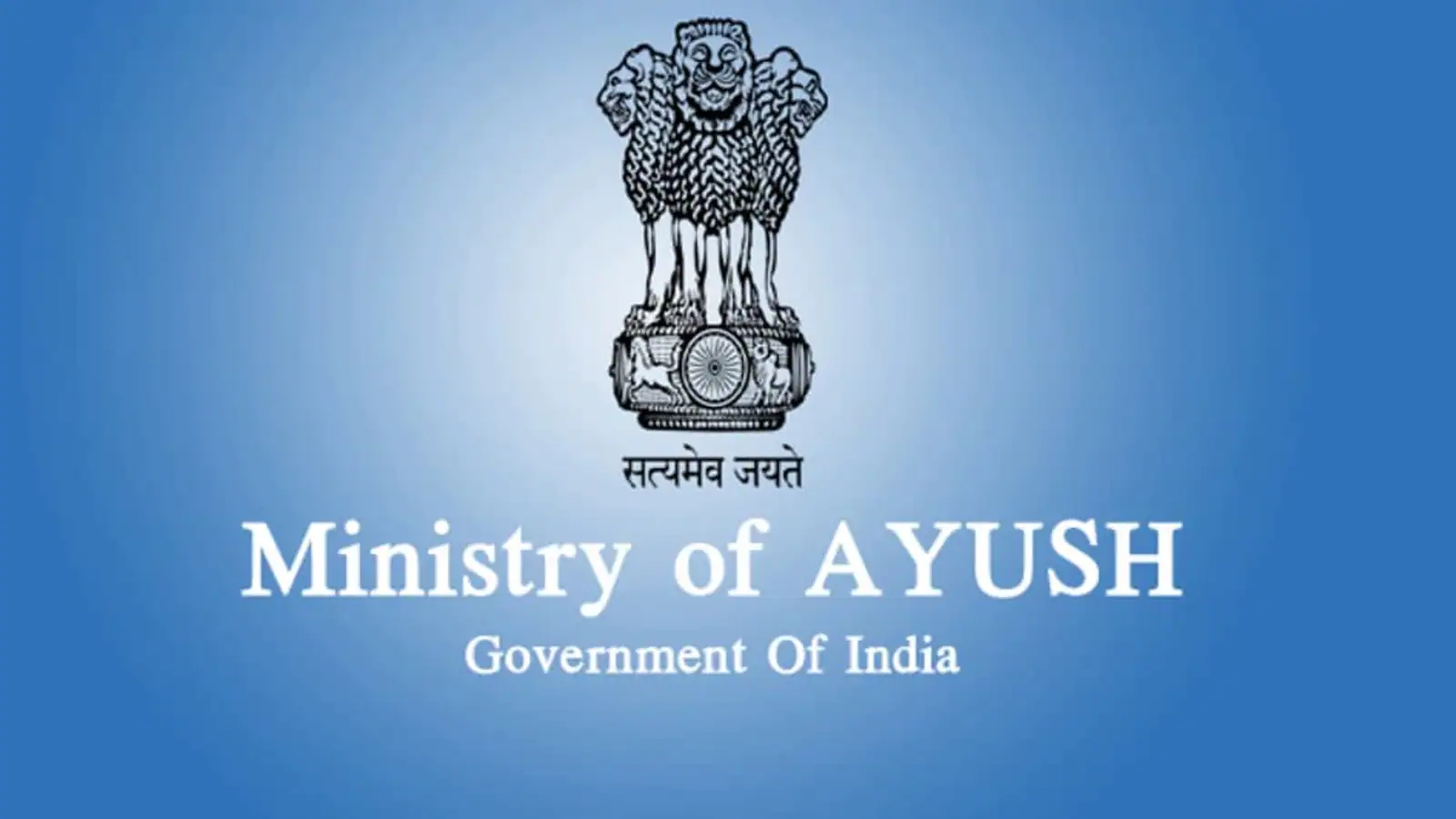Health News: Heart disease is the leading cause of death among women in the United States. According to the American Heart Association, approximately 610,000 women die annually due to cardiovascular diseases.
Heart disease can occur when plaque builds up inside arteries, causing blockages that restrict blood flow. When these blockages become severe, they may lead to chest pain, shortness of breath, irregular heartbeat, stroke, or sudden cardiac arrest.
While there are several risk factors for heart disease, including high cholesterol levels, diabetes, smoking, and obesity, some researchers believe that certain dietary habits play a significant role in preventing heart attacks.
In fact, research shows that eating foods rich in omega-3 fatty acids can reduce the risk of coronary artery disease. Omega-3 fats are found in fish, nuts, seeds, flaxseed oil, and walnuts. They also help protect against inflammation, which plays a key role in atherosclerosis.
Other nutrients that may prevent heart disease include fiber, potassium, magnesium, vitamin D, calcium, and antioxidants like vitamins C and E.
According to the National Institutes of Health, the best diets to maintain healthy hearts include:
• Eating a variety of fruits and vegetables every day
• Reducing saturated fat intake
• Choosing lean meats over red meat
• Avoiding trans fats
• Drinking alcohol in moderation
• Limiting sodium consumption
• Maintaining a healthy weight
You should not eat these if you have heart disease.
Heart disease is the leading cause of death among both men and women in the United States. According to the Centers for Disease Control and Prevention, approximately 1 out of every 4 deaths in America is due to cardiovascular diseases.
Heart disease is caused when plaque builds up inside arteries over time, causing blockages that prevent blood flow to vital organs like the brain and heart. When these blockages occur, symptoms may include chest pain, shortness of breath, fatigue, dizziness, irregular heartbeat, and/or numbness or tingling in the arms or legs.
While some risk factors for heart disease are under control, others are not. Here are some things that you shouldn’t eat during a heart disease episode:
- Alcohol
Alcohol consumption increases the risk of coronary artery disease, stroke, and sudden cardiac arrest. Even moderate drinking can raise your cholesterol levels and decrease your HDL (“good”) cholesterol. - Fried Foods
Fried foods contain trans fats, which are linked to increased risks of heart disease. They also tend to clog arteries and contribute to inflammation. - Processed Meats
Processed meats like hot dogs, bacon, sausage, ham, and salami are high in sodium and saturated fat. These ingredients can lead to higher blood pressure and increase the risk of heart attack. - Sugar
Sugar raises triglycerides, LDL (“bad”) cholesterol, and insulin levels. High sugar intake can also trigger cravings for sweets, which leads to weight gain. - Refined Carbohydrates
Refined carbohydrates like white bread, pasta, rice, potatoes, and sugary drinks are high in calories but low in nutrients. Eating too much refined carbohydrate can lead to obesity and diabetes. - Dairy Products
Dairy products are rich in saturated fat and cholesterol. They’re also high in calcium, which can interfere with vitamin D absorption. - Sweets
Sweets are loaded with empty calories and added sugars. Consuming large amounts of sweetened beverages can lead to tooth decay and cavities.
- Quantum Breakthrough: Room-Temperature Superconductivity Achieved
- India’s Cricket Fervor Hits Fever Pitch as World Cup Final Nears
- India Takes on Australia in the 2023 ICC Men’s Cricket World Cup Final
- Pharma Jobs: AIIMS Raipur Announces Direct Recruitment for 31 Pharmacist and Dispensing Attendant Positions; Applications Open till July 31, 2023
- Got Utkarsh Small Finance Bank IPO? Find Out NOW! Simple Steps to Check Your Allotment Status!
- Voltas and Zee Entertainment Lead as Volume Toppers in Stock Market; See High Trading Activity








